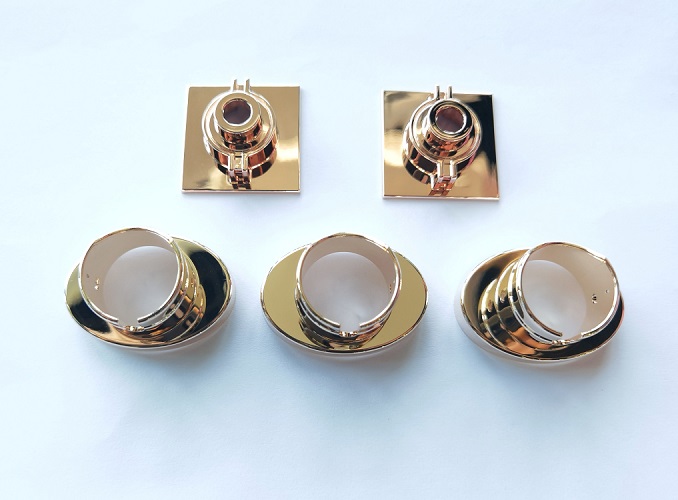Electrophoretic paint ingredients
Electrophoretic paint ingredients
Composition of Electrophoretic Paint and Its Importance
Electrophoretic paint is a special type of coating widely used in metal surface treatment in industries such as automobiles, home appliances, hardware, and more. Its uniqueness lies in the fact that it is deposited on the metal surface through an electrophoresis process, making the coating more uniform, dense, and excellent in corrosion resistance, wear resistance, and decorative properties. This article will explore the composition of electrophoretic paint and its importance in detail.
I. Main Components of Electrophoretic Paint
Resin: The resin is the main film-forming substance of the electrophoretic paint, which determines the hardness, flexibility, weather resistance, and other properties of the coating. Common types of resins include epoxy resins, acrylic resins, and more.
Pigments and Fillers: Pigments and fillers provide color and texture to the electrophoretic paint while also enhancing the thickness, hardness, and wear resistance of the coating.
Cosolvent: The cosolvent is used to adjust the viscosity of the electrophoretic paint, ensuring that it can be uniformly deposited on the metal surface during the electrophoresis process.
Electrolyte: The electrolyte plays a role in conductivity during the electrophoresis process, allowing the current to pass through the electrophoretic paint and deposit it on the metal.
Water: Water is the solvent for the electrophoretic paint and also the medium for the electrophoresis process.

II. Importance of Electrophoretic Paint Components
Uniformity and Density: The components of electrophoretic paint, such as resin, pigments, and fillers, are uniformly and densely deposited on the metal surface through the electrophoresis process, forming a solid protective film that effectively prevents metal corrosion and wear.
Corrosion Resistance: The corrosion resistance of electrophoretic paint mainly depends on its components such as resin and pigments. These components can resist the erosion of the external environment, protecting the metal substrate from corrosion.
Wear Resistance: The pigments and fillers in electrophoretic paint can effectively improve the wear resistance of the coating, maintaining its appearance and stability during long-term use.
Decorative Properties: The various colors and textures of electrophoretic paint not only meet practical properties such as corrosion resistance and wear resistance but also have excellent decorative properties, enhancing the overall aesthetics of the product.
III. Conclusion
The composition of electrophoretic paint is key to its performance. By optimizing the proportions and selection of various components, the uniformity, density, corrosion resistance, wear resistance, and decorative properties of electrophoretic paint can be further improved. With the advancement of technology, the composition of electrophoretic paint is also constantly being updated and optimized to meet increasingly strict environmental and performance requirements. In the future, electrophoretic paint will continue to play an important role in metal surface treatment, contributing to the sustainable development of various industries.





 WeChat
WeChat